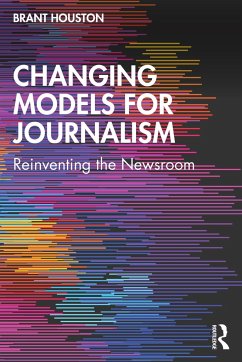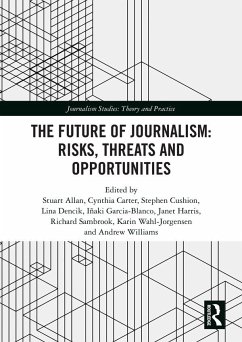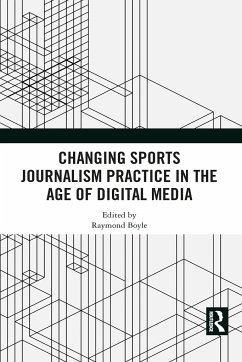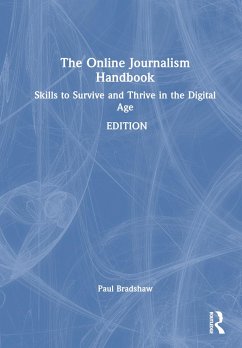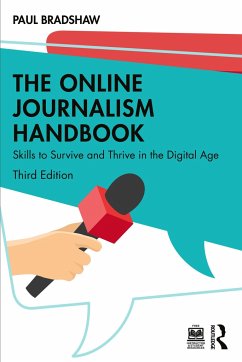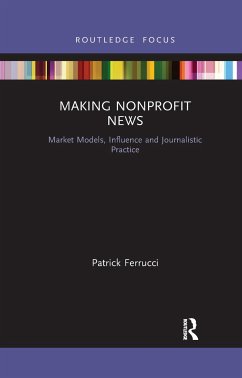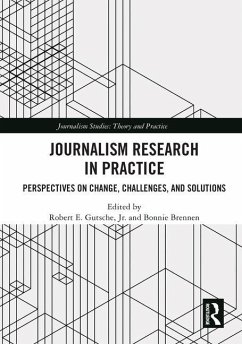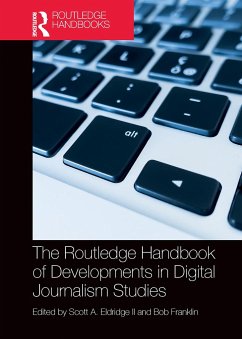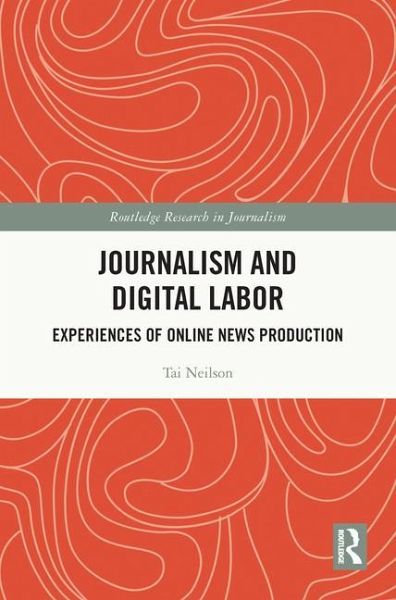
Journalism and Digital Labor
Experiences of Online News Production
Versandkostenfrei!
Versandfertig in 6-10 Tagen
45,99 €
inkl. MwSt.
Weitere Ausgaben:

PAYBACK Punkte
23 °P sammeln!
This book investigates journalists' work practices, professional ideologies, and the power relations that impact their work, arguing that reporters' lives and livelihoods are shaped by digital technologies and new modes of capital accumulation.Tai Neilson weaves together ethnographic approaches and critical theories of digital labor. Journalists' experiences are at the heart of the book, which is based on interviews with news workers from Aotearoa New Zealand and the United States. The book also adopts a critical approach to the political economy of news across global and local contexts, digit...
This book investigates journalists' work practices, professional ideologies, and the power relations that impact their work, arguing that reporters' lives and livelihoods are shaped by digital technologies and new modes of capital accumulation.
Tai Neilson weaves together ethnographic approaches and critical theories of digital labor. Journalists' experiences are at the heart of the book, which is based on interviews with news workers from Aotearoa New Zealand and the United States. The book also adopts a critical approach to the political economy of news across global and local contexts, digital start-ups, legacy media, nonprofits, and public service organizations. Each chapter features key debates illustrated by journalists' personal narratives.
This book will be of great interest to researchers and students of journalism, media and communication, cultural studies, and the sociology of work.
Tai Neilson weaves together ethnographic approaches and critical theories of digital labor. Journalists' experiences are at the heart of the book, which is based on interviews with news workers from Aotearoa New Zealand and the United States. The book also adopts a critical approach to the political economy of news across global and local contexts, digital start-ups, legacy media, nonprofits, and public service organizations. Each chapter features key debates illustrated by journalists' personal narratives.
This book will be of great interest to researchers and students of journalism, media and communication, cultural studies, and the sociology of work.





